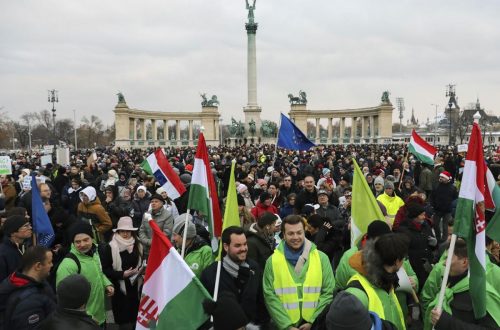India’s 170 million Dalit people, formerly known as “untouchables,” are at the bottom of the Hindu caste system. They are victims of the most extreme form of caste discrimination. It is, in many ways, analogous to racism. By virtue of their birth into a Dalit family and community, they are condemned forever to a life of social stigma, exclusion and victimisation.
Human Rights Watch has condemned India’s abuse of its Dalit people as a “hidden apartheid,” comparable to the institutional discrimination of pre-democratic South Africa.According to a major Human Rights Watch report, Dalit people are still today seen by many Indians as sub-human and undeserving of basic rights. Shunned as inferiors and social outcasts, they suffer insults, violence, rape, discrimination and impoverishment. Often forced into de facto slave labour, they are made to eat, sleep and pray separately, and denied equal education and healthcare. In some schools, Dalit children are required to sit separately, at the back of the classroom. Similar segregation happens in housing, temples, hospitals and in relief camps after natural disasters like floods and earthquakes. Many Dalits are refused use of land and water wells. Others are pressed into degrading jobs, ranging from prostitution to the manual clearing of human waste. Payment is often in food, not money. Of those who get paid cash, many earn the equivalent of less than 50p for an eight-hour day.
So writes Peter Tatchell in another thought-provoking piece for Comment Is Free. Peter can always be counted on to expose the issues that few others seem keen to talk about.
“These abuses are not happening in apartheid-era South Africa. They are occurring, with virtual impunity, in modern-day India – the world’s largest democracy and an emerging economic superpower, ” says Peter.
I’m sure I’ve said this before, but as a South African I’m enormously appreciative of the efforts British human rights campaigners made supporting the struggle for democracy, like the 24 hour vigils outside South Africa House in the 1980s. I’m somewhat dismayed however that Zimbabwean protesters have practically been left to go it alone, and that there’s hardly any enthusiasm for Saudi’s women or India’s “untouchables”. I’m not complaining, but it makes one wonder why we were so special, and why the campaign against segregation, discrimination and oppression no longer seems to capture the popular imagination.


